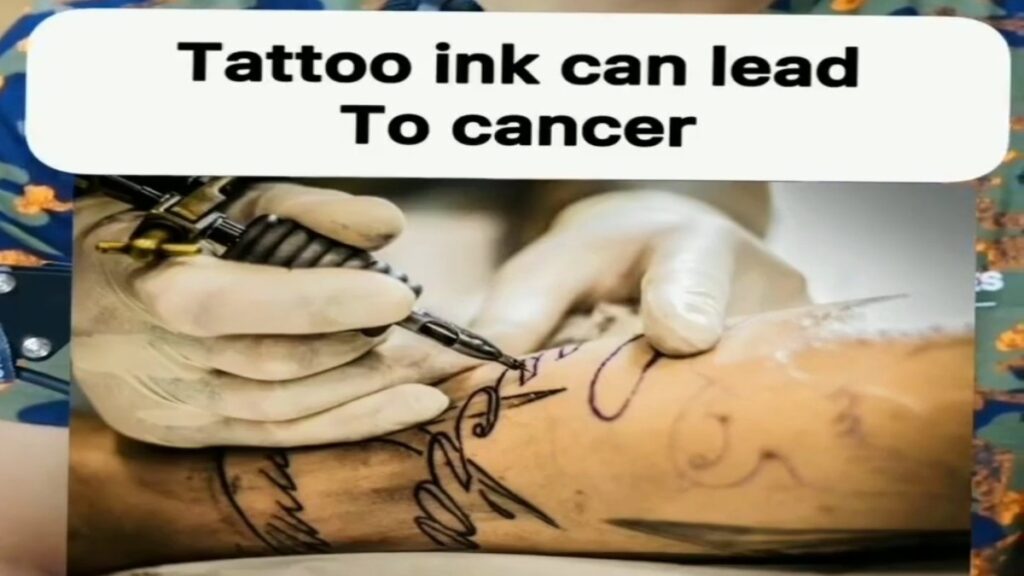Tattoos
Tattoos, in recent years, a concerning claim has circulated in various media outlets and online platforms suggesting that tattoos might cause cancer. This assertion has caused considerable alarm among tattoo enthusiasts and those considering getting inked.
However, it’s crucial to examine the evidence behind such claims critically. In this comprehensive article, we delve into the research, debunk myths, and provide an evidence-based analysis to answer the question: Do tattoos cause cancer
Understanding the Claim
The notion that tattoos cause cancer stems from the belief that the pigments used in tattoo inks contain harmful chemicals that could potentially lead to cancer development. Additionally, concerns have been raised about the possibility of tattoo ink particles migrating to lymph nodes and other organs, causing adverse health effects over time.
Examining the Evidence
To assess the validity of these claims, it’s essential to analyze the scientific research conducted on this topic. Several studies have investigated the potential health risks associated with tattoos, including their link to cancer. However, the majority of these studies have failed to establish a definitive causal relationship between tattoos and cancer.
Chemical Composition of Tattoo Inks:
One of the primary concerns regarding tattoos and cancer revolves around the composition of tattoo inks. Many tattoo pigments contain a variety of substances, including heavy metals and organic compounds, which have raised concerns about their safety.
However, while some of these compounds have been associated with health risks, such as allergic reactions and skin irritation, there is limited evidence to suggest a direct link to cancer development.
Migration of Ink Particles:
Another area of concern is the potential migration of tattoo ink particles within the body. Some studies have detected traces of tattoo pigment in lymph nodes and other tissues, raising questions about the long-term health implications. However, the clinical significance of these findings remains unclear, as the mere presence of ink particles does not necessarily indicate harm or increased cancer risk.
Risk Assessment and Regulation:
Despite the lack of conclusive evidence linking tattoos to cancer, it’s essential for individuals considering getting a tattoo to be aware of potential risks and take appropriate precautions. This includes choosing a reputable tattoo artist who adheres to strict hygiene practices and uses high-quality, regulated tattoo inks. Additionally, individuals with existing health conditions or compromised immune systems should consult with a healthcare professional before getting tattooed.
Conclusion
In conclusion, while concerns have been raised about the potential link between tattoos and cancer, the scientific evidence supporting such claims remains inconclusive. While tattoo inks may contain substances that raise health concerns, there is currently insufficient evidence to establish a direct causal relationship between tattoos and cancer development. As with any cosmetic procedure, individuals should weigh the risks and benefits and make informed decisions based on available evidence and expert guidance. Ultimately, the decision to get a tattoo is a personal one, and while it’s essential to consider potential health implications, it’s equally important not to let unfounded fears detract from the enjoyment and self-expression that tattoos can bring.
Summary
The claim that tattoos cause cancer has sparked concern among many, but a thorough examination of the evidence reveals that such fears are largely unfounded. While tattoo inks may contain substances of concern, there is insufficient scientific evidence to establish a direct causal link between tattoos and cancer development.
Factors such as the chemical composition of tattoo inks and the potential migration of ink particles within the body have been scrutinized, but conclusive evidence is lacking. Nonetheless, individuals considering getting a tattoo should prioritize safety by choosing reputable artists and being aware of potential risks.
Ultimately, while it’s crucial to weigh the potential health implications, unfounded fears should not overshadow the enjoyment and self-expression that tattoos can provide

